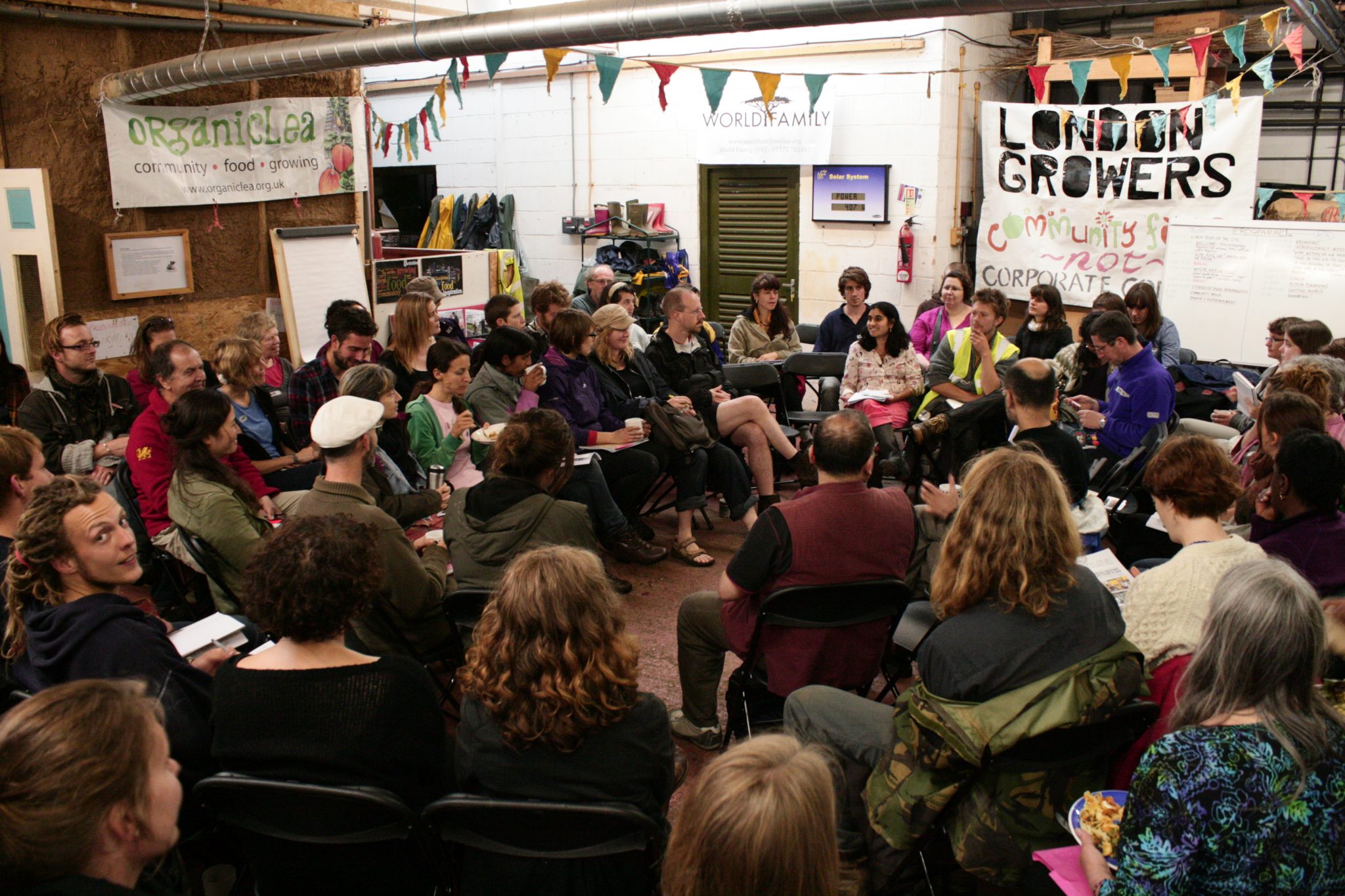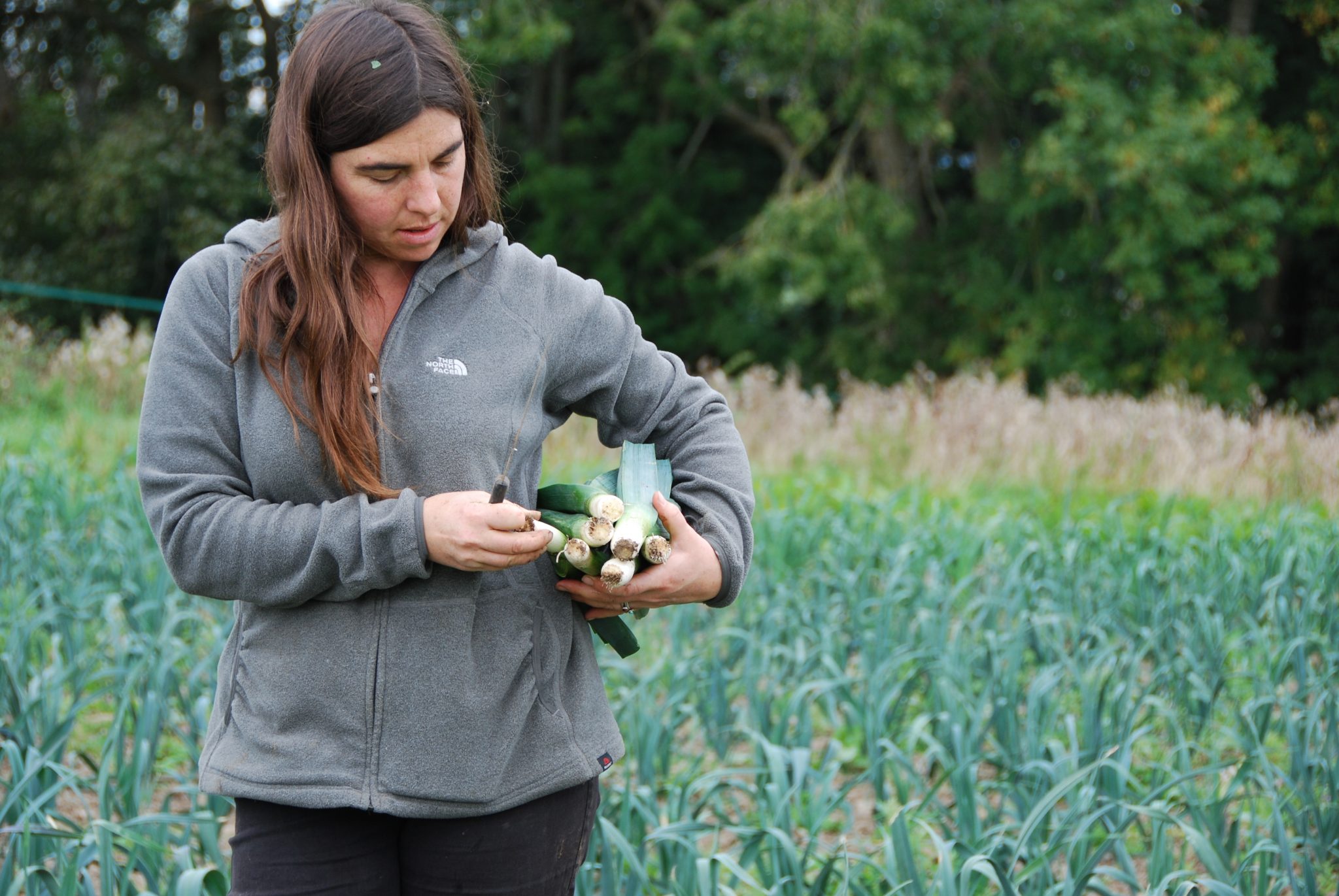A ground-breaking manifesto outlining A People’s Food Policy has been published by a coalition of grassroots food and farming organisations, including co-operatives. The manifesto is urging the UK government to develop a progressive food policy ahead of leaving the EU.
As Brexit negotiations begin, concerns over failures in the current food system – and how these will be impacted in the future – are increasing. In the face of this uncertainty, the report argues that policy, legislative framework and a food act is needed to “integrate the compartmentalised policy realms of food production, health, labour rights, land use and planning, trade, the environment, democratic participation and community wellbeing”.

“From the increasing corporate control of agriculture in the UK, to the price of basic food stuffs outstripping the rises in real wages […] the UK is witnessing a series of crises in how we produce, distribute and sell food,” said Heidi Chow, food campaigner for Global Justice Now which is part of the coalition that developed A People’s Food Policy.
“The government’s approach to addressing these problems is at best piece-meal and at worst non-existent. Environment secretary Michael Gove has commented that the UK can have both cheaper and higher quality food after Brexit. But the experience of many UK farmers and growers suggests that cheaper food prices must be paid for through lowering environmental and social standards across the farming sector. Instead we need to see greater regulation of the food retail sector to ensure farmers everywhere are paid a fair price for their produce.’’
A People’s Food Policy is the result of 18 months of national consultations with grassroots organisations, co-operatives, NGOs, trade unions, community projects, small businesses and individuals. The document includes a set of policy proposals and a vision for change that encompasses governance, food production, health, land, labour, environment, knowledge and skills, trade, and finance.
“The way our food system functions and is governed needs to radically change,” said Dee Butterly, the co-ordinator of the policy, explaining how the “lack of a coherent, joined-up food policy framework in England is becoming increasingly problematic”.
Ms Butterly, who is also a young tenant farmer and member of the Landworkers’ Alliance, believes England needs to develop a national food policy that transforms food systems and puts equality, resilience and justice at the forefront.
“As Brexit negotiations begin, we urge politicians to seriously consider this blueprint for a progressive national food policy which supports a food system where everybody, regardless of income, status or background, has secure access to enough good food at all times,” she said.

Several of the policy proposals view co-operatives as potential solutions, calling on the government to support community food resources such as food buying co-ops – and support farmer-led innovations, such as co-operatively run test farms or field labs.